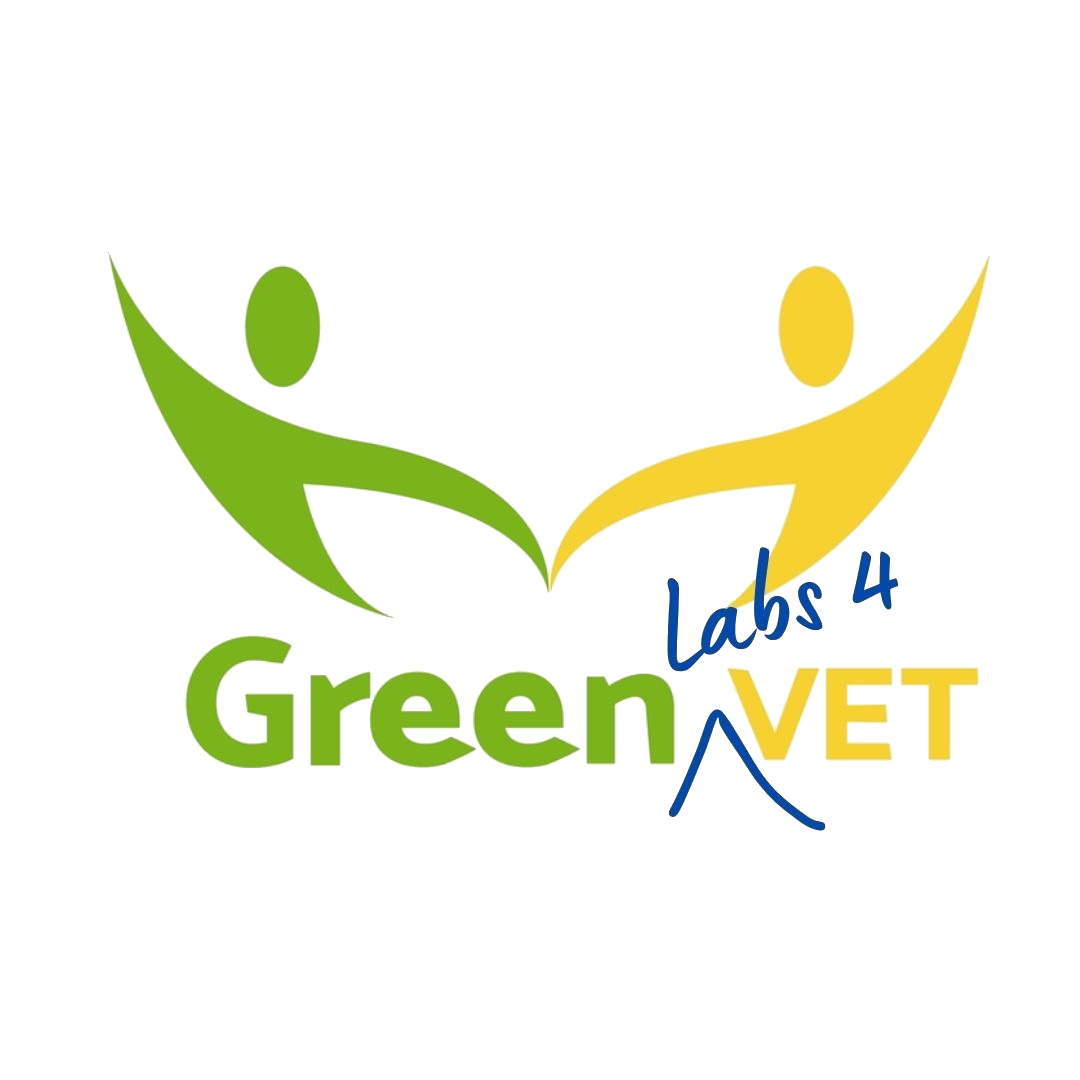Rooftop Dreams: The Rise and Fall of a Green Entrepreneur in Athens, Greece
Introduction
Thanos, a 32-year-old environmental engineer in Athens, was inspired by European urban greening initiatives (Programma Anaptixiakon Paremvaseon 2007–2013) and an Erasmus+ KA2 training seminar on green entrepreneurship. Motivated by the potential of green roofs to bring nature back into urban concrete, he founded a start-up in 2017 called Urban Green Up.
His vision:
Transform unused rooftops in Athens into green, thriving spaces
Grow food, reduce urban heat, and reconnect residents with nature
Offer low-cost modular green roof installations for schools, apartment blocks, and public buildings
Thanos identified 200+ suitable rooftops, created marketing materials, offered free consultations, applied for subsidies, and even secured two pilot rooftops in downtown Athens. These early projects generated vegetables for cafés and social spaces for residents.
But challenges soon followed.
1. Early Challenges
Despite initial enthusiasm, Thanos encountered multiple barriers:
Bureaucratic hurdles – No clear rooftop agriculture permit system; delays and inconsistencies
Financial strain – Underestimated operational/maintenance costs
Market misalignment – Cafés opted for cheaper imported produce
Climate & maintenance issues – High summer irrigation costs reduced yields
2. Further Obstacles
No Legal Clarity
Outdated building codes and unclear energy regulations created confusion
Lack of Incentives
No tax breaks, municipal support, or financial incentives for rooftop greening
No Access to Public Projects
Could not qualify for public tenders; no pilot eco-project track for young entrepreneurs
Public Awareness Gap
Residents worried about leaks, plant care, and maintenance responsibilities
No Structural Support
Could not access EU funds due to limited capacity to draft applications
Lack of specialized mentors in the niche sector
3. The Outcome
After 18 months:
Only one rooftop (his aunt’s) was completed
Funding ran out
Urban Green Up shut down
Thanos shifted to part-time consulting in solar panel installations.
“I didn’t fail because I had a bad idea. I failed because the system wasn’t ready for the idea.”
— Thanos
4. Lessons Learned
Validate the market early – Pilot with paying customers before scaling
Plan for bureaucracy – Legal guidance is essential
Budget long term – Account for irrigation, staff, and equipment
Build partnerships – Universities, NGOs, municipalities add credibility
Adapt to climate realities – Use heat-resistant plants, smart irrigation
5. Reflection & Feedback
Innovative ideas need supportive ecosystems – policy, incentives, finance
Entrepreneurs need more than knowledge – networks, legitimacy, advocacy
Awareness campaigns matter – public trust is key
Municipalities play a crucial role – offering pilot spaces and co-investment
6. How to Avoid Similar Pitfalls
Start small, scale smart – Document results from one showcase site
Secure anchor clients – Contracts with cafés, hotels, or local markets
Diversify revenue – Combine farming with events, workshops, eco-tourism
Leverage funding opportunities – EU projects, sponsorships, training grants
Educate stakeholders – Build demand through campaigns and storytelling
7. Broader Context
Despite Athens’ potential, rooftop greening remains underutilized due to:
Weak legal/institutional framework
Lack of monitoring/enforcement of energy laws
No inclusion in subsidies for energy-saving measures
Absence of municipal tax incentives
Low public energy awareness
Comparative Insight
Paris (Nature Urbaine project): Success through policy integration, municipal partnerships, and long-term contracts with restaurants
Seattle: Incentivized rooftops by exempting green roof buildings from municipal taxes
8. Conclusion
Although Urban Green Up closed, Thanos’s journey offers critical lessons:
Failure is not the end but a source of insight
Success in green entrepreneurship requires market validation, supportive ecosystems, and strong partnerships
9. Recommendations for Green Entrepreneurs
Validate demand before large investments
Partner with municipalities, NGOs, and universities
Adapt solutions to local climate and resources
Develop resilient, diversified income models
Use storytelling and awareness campaigns to engage the public
10. Suggested Training Use
Trigger Story: “What could Thanos have done differently?”
Role-Play Exercise: Act as city officials deciding support measures
Group Challenge: Redesign Urban Green Up for your local context





